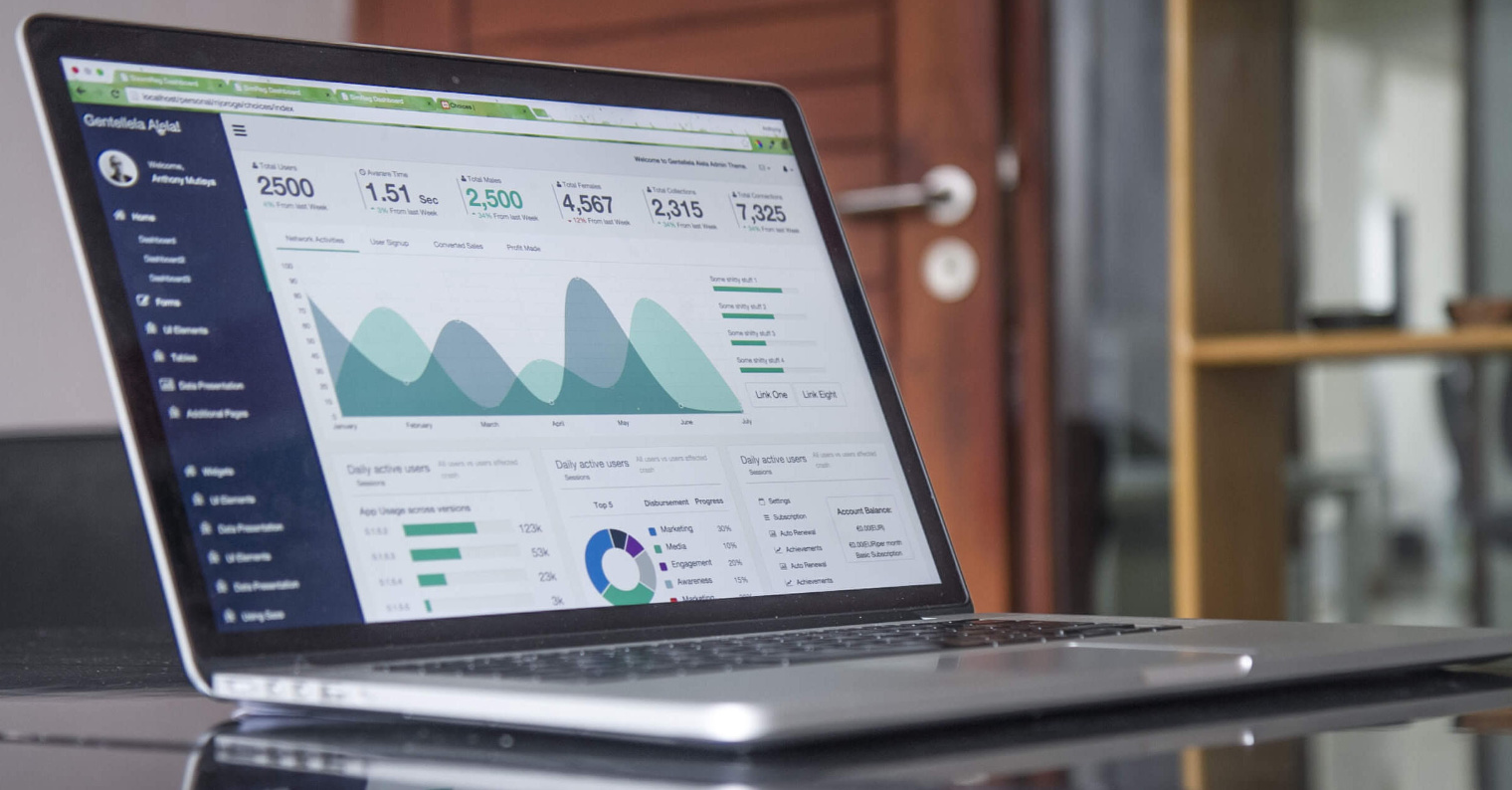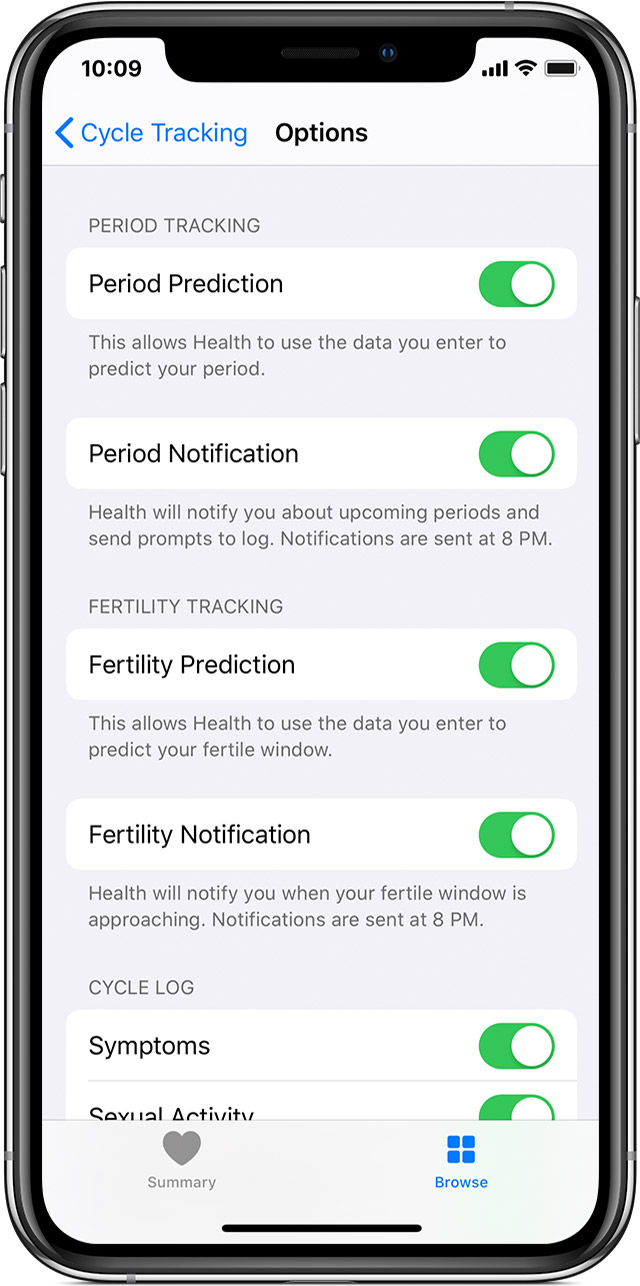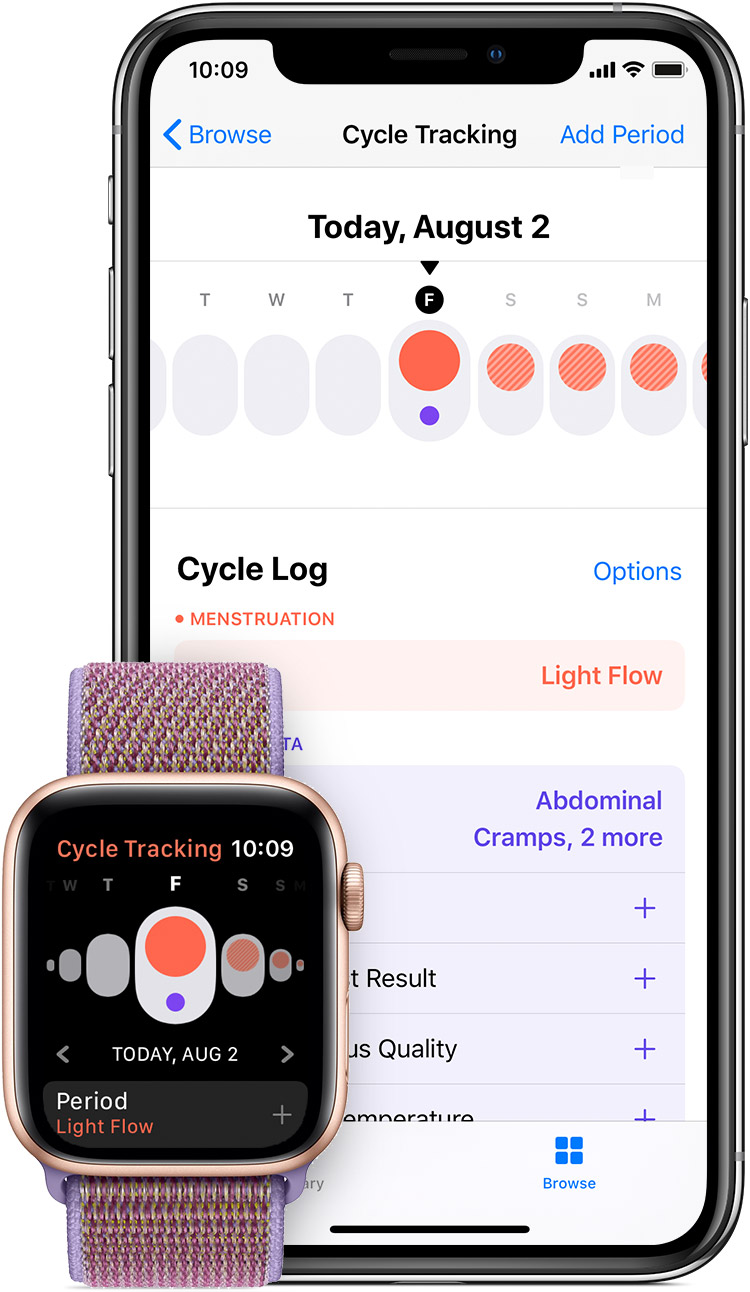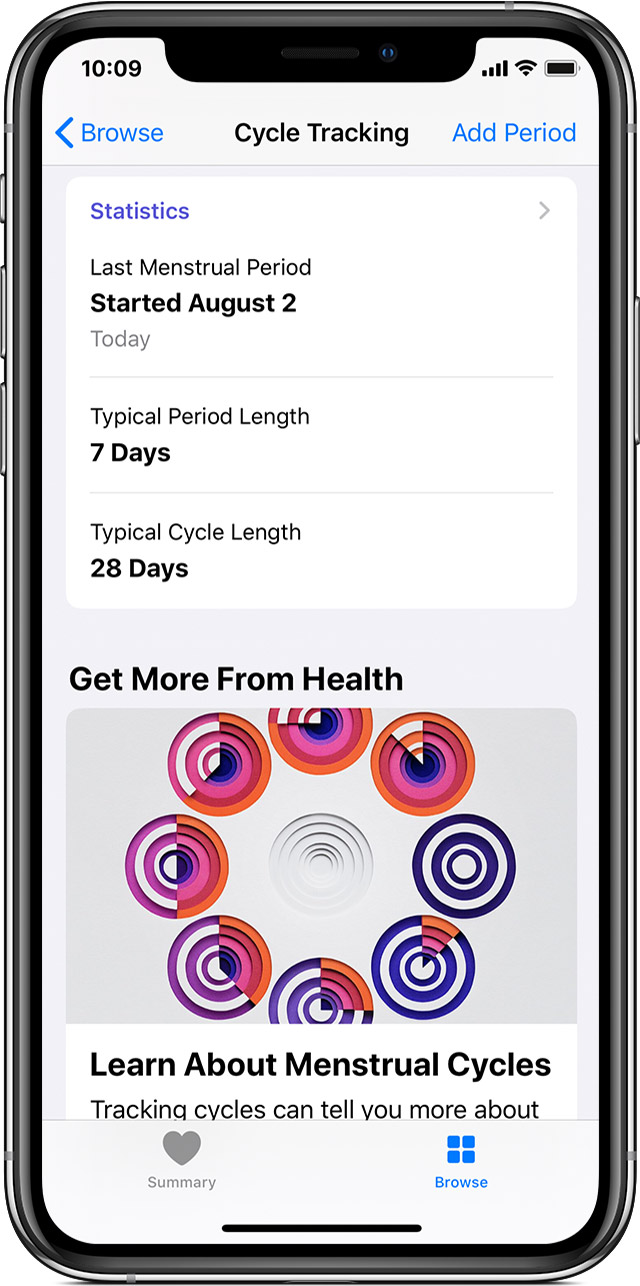US Democratic lawmakers are asking Apple and other tech companies to rethink their stance on apps that track menstrual cycles. In a letter sent earlier this week to Apple, Google and Samsung, New Jersey Senator Bob Menendez expressed concern about how apps of this type share sensitive data without users' permission.
It could be interest you

Menendez, along with representatives Bonnie Coleman and Mikie Sherrill, point out in the letter to the company that they are certainly well aware of the gaps in data security, as well as cases where this personal data and information has been sold without the express consent and knowledge of the user. The letter goes on to accuse the companies of "continuous failure" and failure to adequately address these issues and take into account the best interests of their users. These companies should place particular emphasis on private data associated with applications that deal with reproductive health. According to the authors of the mentioned letter, it is very important that users of these applications have the opportunity to make informed decisions about how their intimate data will be handled, as well as about how this data will be shared.
This is what a native menstrual cycle tracking app looks like:
A study by Consumer Reports in January of this year showed that a number of the most popular apps that are used to track the menstrual cycle share user data with other entities for the purpose of targeted advertising or health research. Unfortunately, these applications usually do so without the consent and knowledge of the users. Applications of this type have recently become more and more popular, but at the same time there are also growing concerns about how their developers deal with the data that users enter into them. UK-based Privacy International found that around 61% of menstrual cycle tracking apps automatically send user data to Facebook when launched.



